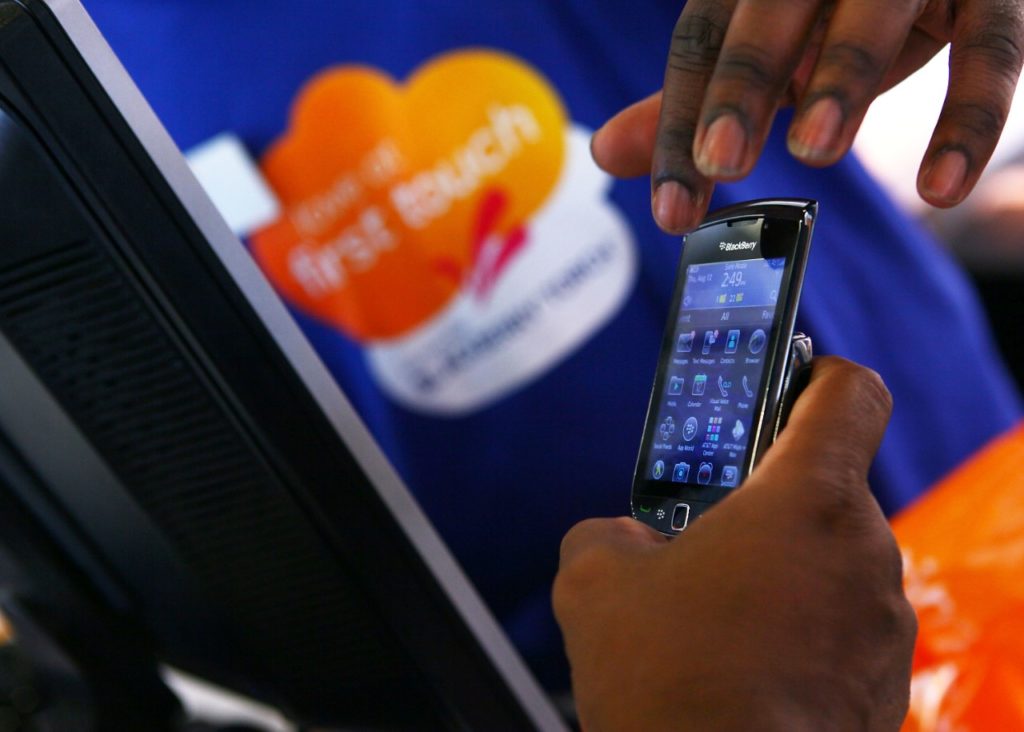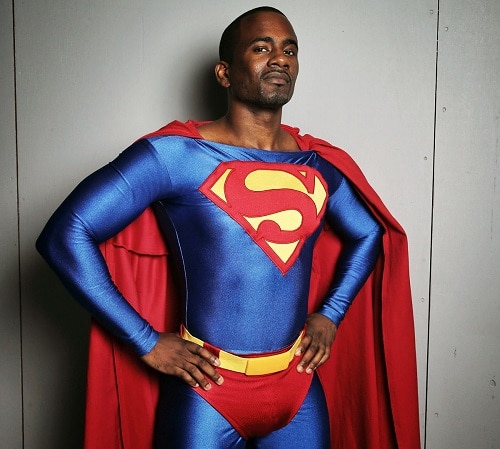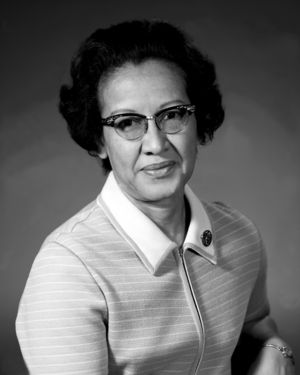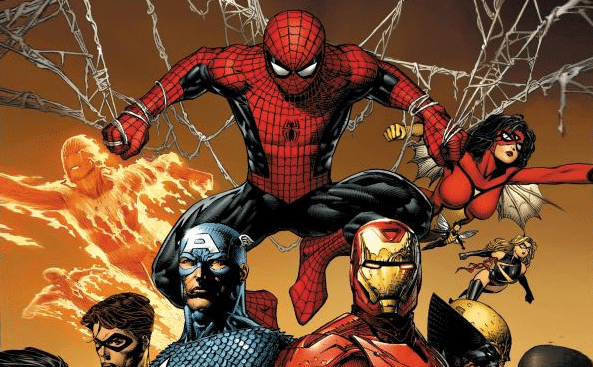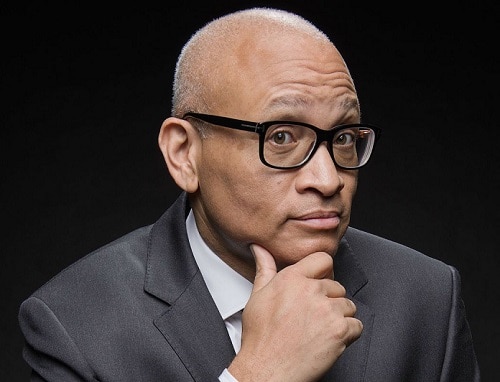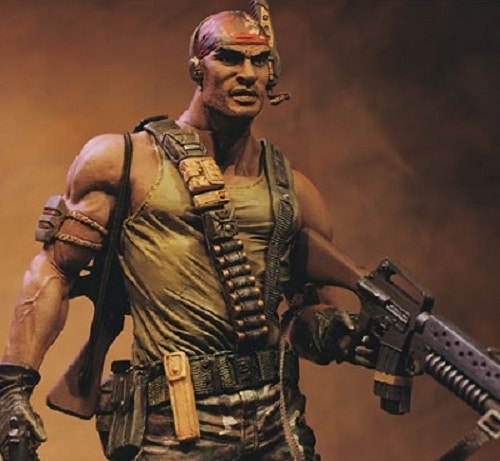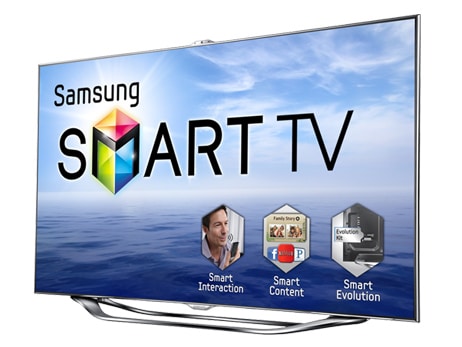A government mandate that officially takes effect Feb. 11 has now created industry-wide regulations for cellphone carriers that make it easier and more convenient for you to unlock your phone.
There was once a time when it was nearly impossible to get your phone unlocked without meeting with a sketchy character in the Wal-Mart parking lot or being fortunate enough to have a tech-savvy friend of a friend who could do it for you.
Over time, carriers started dishing out offers to unlock cellphones for users whose contracts were up with their previous carriers, but it was far from being an industry standard.
Now, however, all that has officially changed.
Thanks to the Unlocking Consumer Choice and Wireless Competition Act that the president signed back in August, all cellphone carriers will have to not only provide unlocking services but also have clear regulations in place for how to do so.
The act officially extended the copyright exemption that was previously making it technically illegal to unlock cellphones.
“The industry-wide agreement mandates that carriers post clear unlocking policies online, offer to unlock prepaid phones within a year of purchase and postpaid ones after a user’s contract is up, respond to any request within two business days, and unlock phones for deployed military personnel,” The Verge reported.
So far, T-Mobile and Verizon have confirmed that they complied with the new regulations prior to the February deadline.
US Cellular, on the other hand, has a written policy that claims it is still “working towards” getting policies in place that would adhere to the government mandates.
AT&T and Sprint have also promised that their policies will now fall in line with the new mandate.
For those who aren’t interested in going through a carrier to get their phone unlocked, the new mandate has also made it easier to seek safe third-party companies who can unlock the device.

